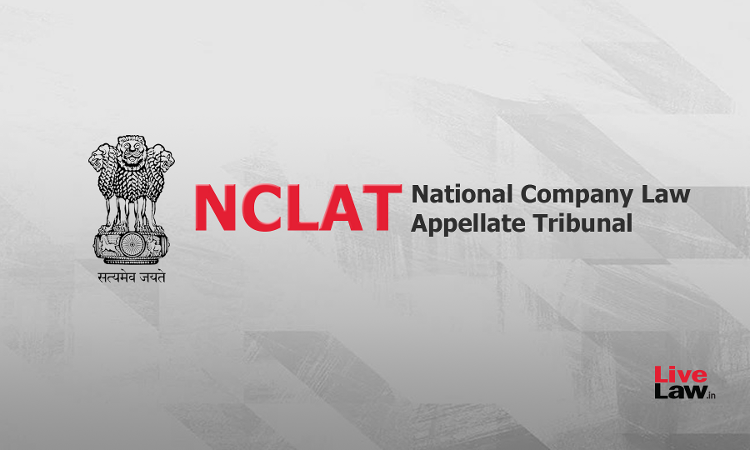Acceptance Of Partial Payments Doesn't Negate Default Or Legitimacy Of Insolvency Proceedings: NCLAT
Rajesh Kumar
12 Jun 2024 5:00 PM IST

Next Story
12 Jun 2024 5:00 PM IST
The National Company Law Appellate Tribunal, Principal Bench of Justice Ashok Bhushan(Chairperson), Barun Mitra (Technical Member), and Arun Baroka(Technical Member) held that the acceptance of partial payments does not negate the default or the legitimacy of the insolvency proceedings. Brief Facts: The Corporate Debtor, a company specializing in developing Special...
